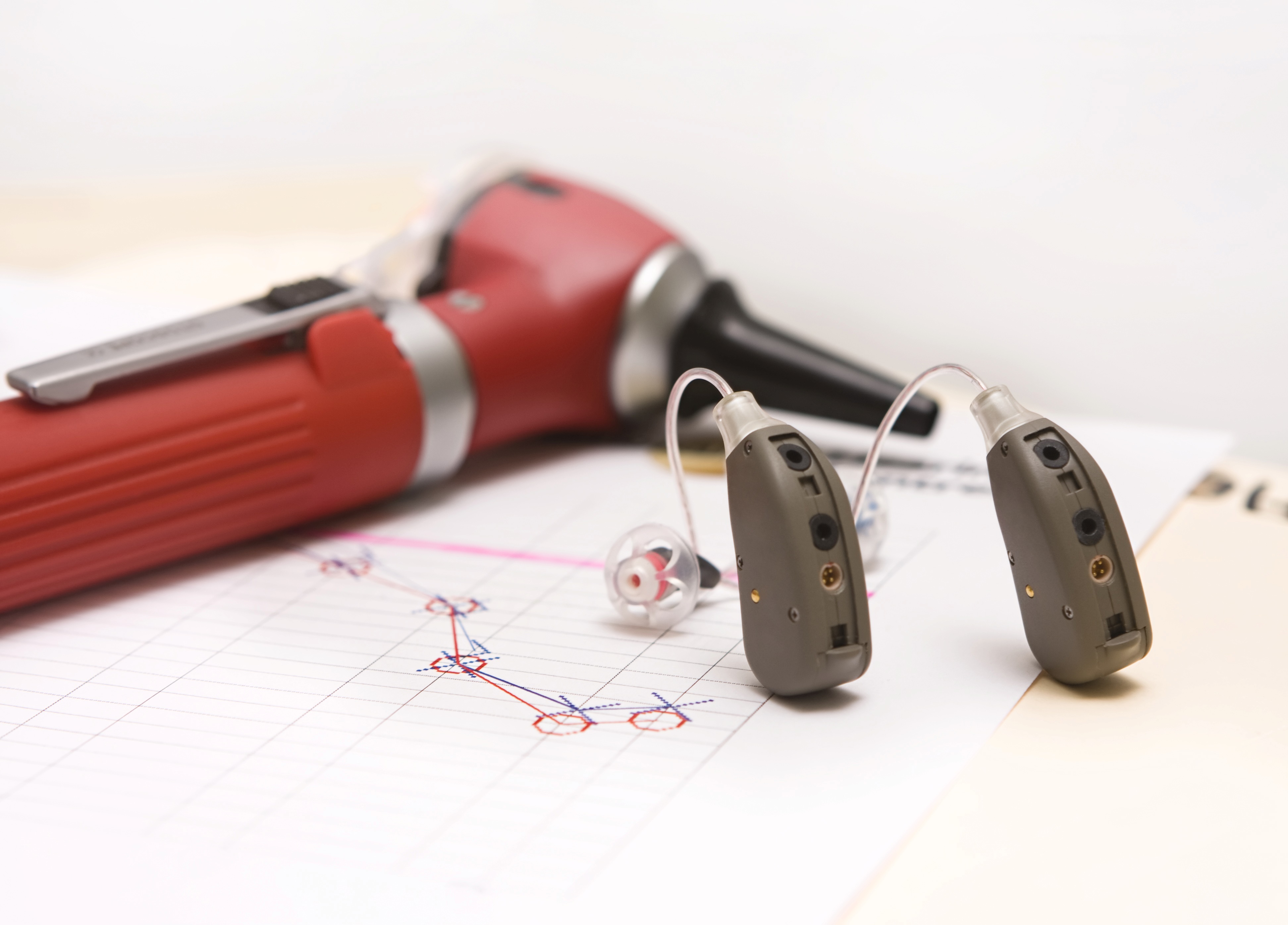
You’ve probably seen the commercials. The ones advertising PSAPs, or personal sound amplification products, promising a boost to hearing for as little as 20 dollars. It seems like a fantastic deal—particularly when compared to the substantial selling price of a hearing aid.
The reality is, it’s not so much a good deal as it is clever marketing. The ads do their best to obscure some vital information while concentrating on carefully selected talking points.
However, the question remains: why would you choose to spend more money on a hearing aid when less costly PSAPs are readily available? Here are five good reasons.
1. PSAPs are not FDA-regulated medical devices
Listen carefully to the PSAP advertisements. You’ll hear all about “boosts” to hearing but never about treating hearing loss. The reason: PSAPs are not FDA-regulated medical devices and can’t be used to treat any medical condition, including hearing loss. PSAPs are merely recreational devices intended to provide benefits to those who can already hear normally.
Using a PSAP to address hearing loss is like buying a pair of reading glasses to treat near and far-sighted vision impairment. Hearing aids, in contrast, are FDA-regulated medical devices that can effectively treat hearing loss.
2. PSAPs are not programmable
Hearing aids may not look like much on the surface, but inside they contain state-of-the-art digital technology that can slice up, save, manipulate, and regulate any kind of sound. Hearing aids can also create adjustments for pitch and volume so that amplification matches the patient’s hearing loss precisely.
A PSAP, by comparison, is a one-size-fits-all electronic gadget that amplifies soft sounds. Since everyone’s hearing loss is slightly different, PSAPs won’t amplify the correct frequencies. Instead, PSAPs will amplify all sound, producing distortion in noisy settings.
3. PSAPs can’t enhance speech
Speech sounds are distinctive in that they are largely represented in the higher frequencies, especially in comparison to background sound. Given that digital hearing aids can identify variations in sound frequency, hearing aids can amplify speech while restraining background noise. PSAPs, generally speaking, do not have this functionality.
4. PSAPs might cost you more in the long-run
To start with, hearing loss is in some cases brought about by factors that do not require hearing amplification whatsoever. If, for example, earwax accumulation is causing your hearing loss, a simple professional cleaning can improve your hearing within minutes—and without a cent spent on any amplification devices.
Second, occasionally more serious medical ailments can cause hearing loss, so you’ll want a professional evaluation to rule this out. Because you can buy a PSAP without any interaction with any healthcare specialists, you could be placing yourself in real danger.
Third, if you do have noise-induced or age-related hearing loss, a PSAP will not work the way you want it to. You’ll probably purchase a hearing aid sooner or later anyway, so you might as well forego the additional expense of the PSAP.
And last, contrary to hearing aids, there is no mandatory trial period for PSAPs. If you purchase one and it doesn’t work, there’s no legal guarantee that you’ll recoup your money.
5. PSAPs lack the functionality of a hearing aid
PSAPs, like we mentioned, are simple amplification devices stripped-down of any advanced functionality. Hearing aids, in contrast, can enhance speech, reduce background noise, and accommodate to different environments. Some hearing aid models can even stream phone calls and music wirelessly, and some can be controlled with smartphones and watches.
The decision is yours
PSAPs do have their uses. If you have healthy hearing, PSAPs are great for things like bird watching and eavesdropping on conversations, if that’s your sort of thing.
But for hearing loss, don’t settle for less than you deserve. Your hearing, and the relationships that count on it, are too important.
